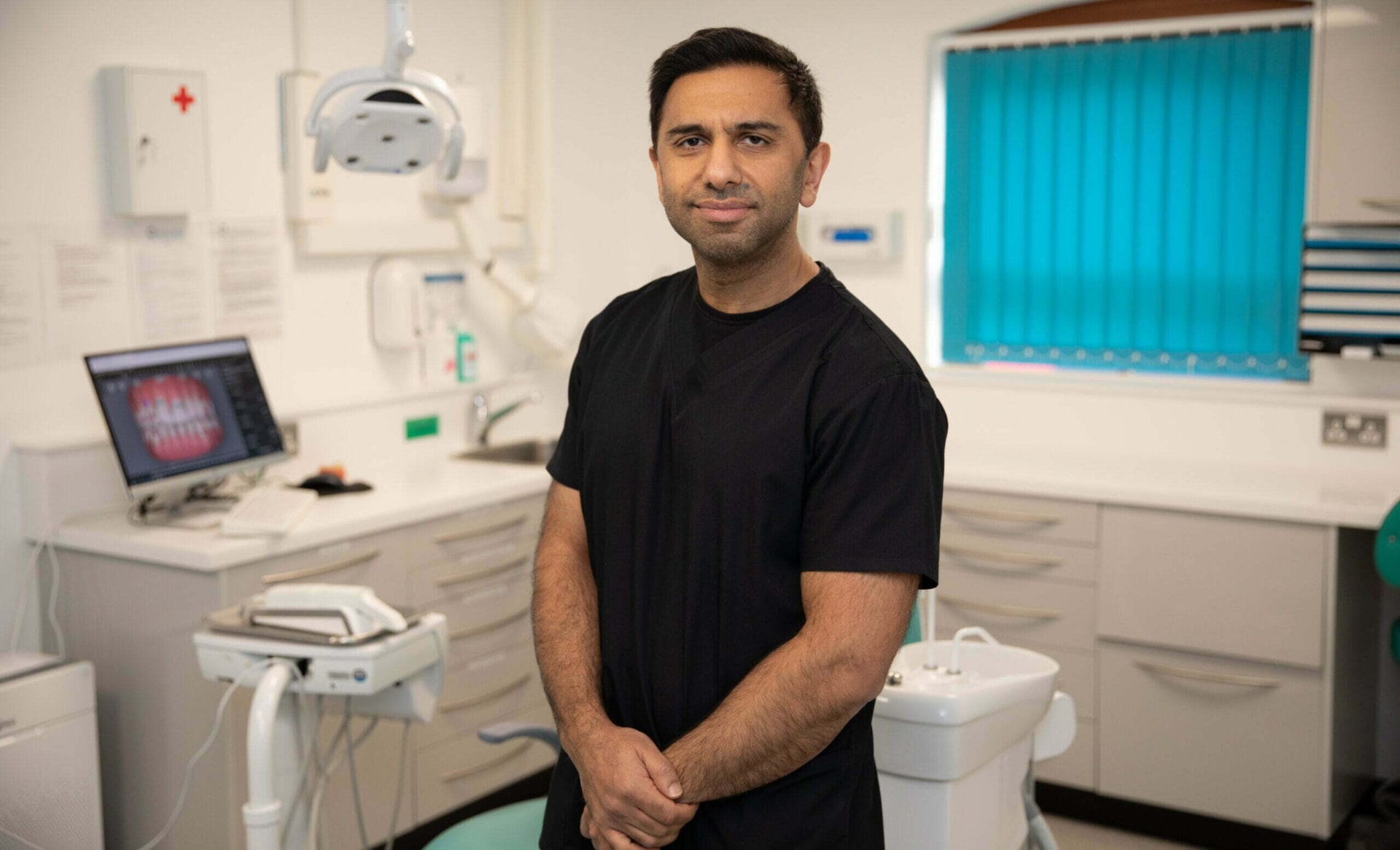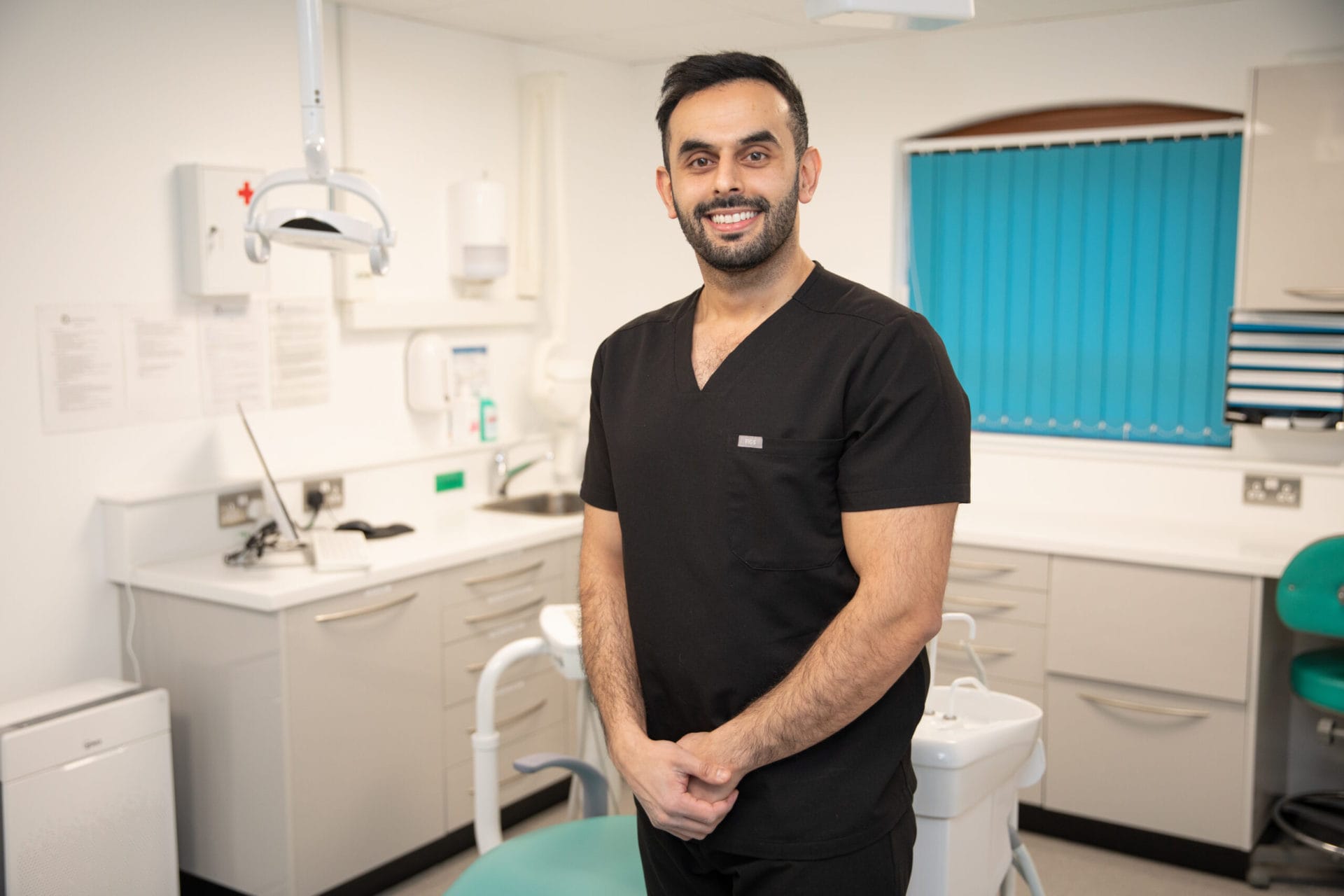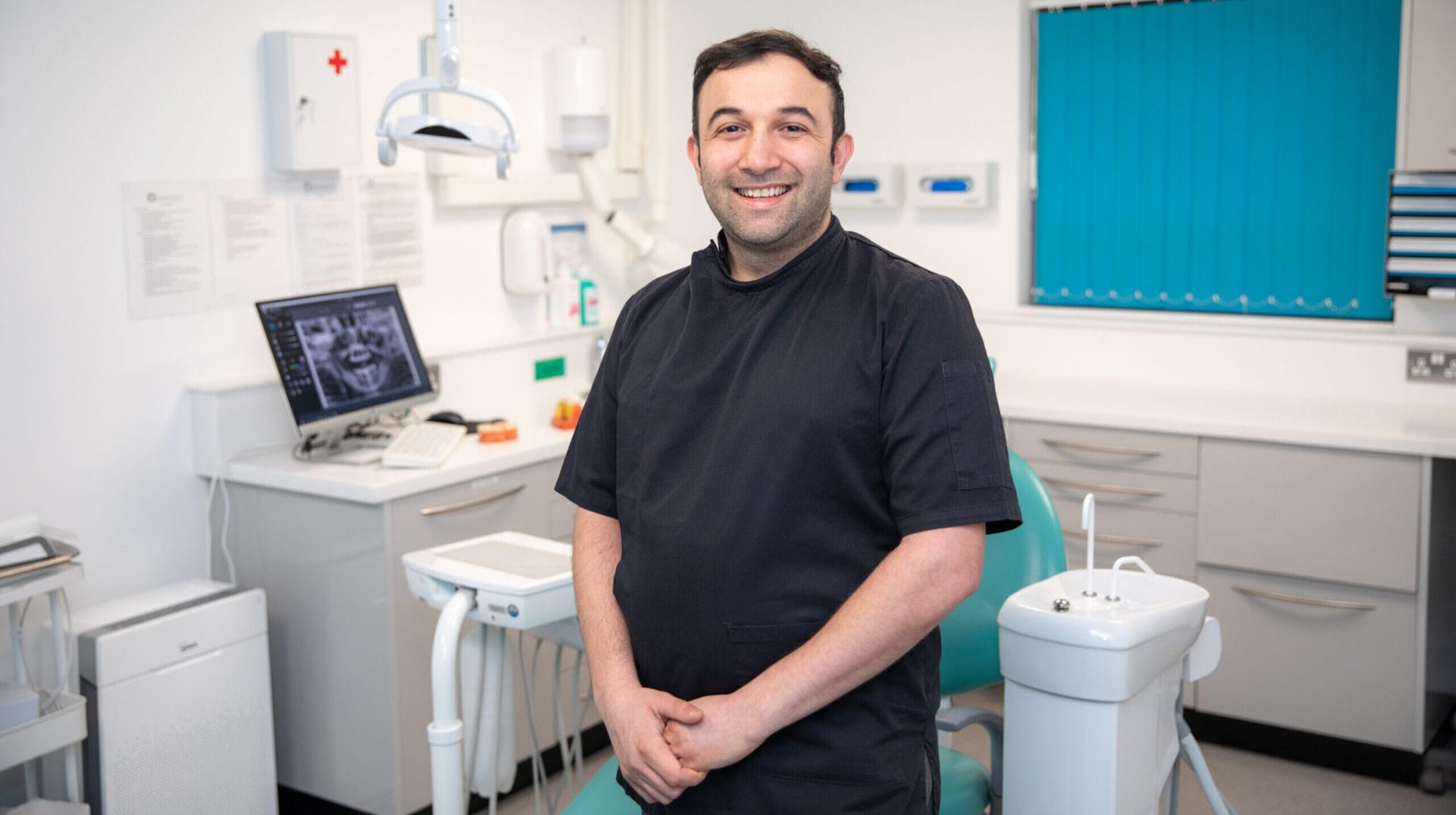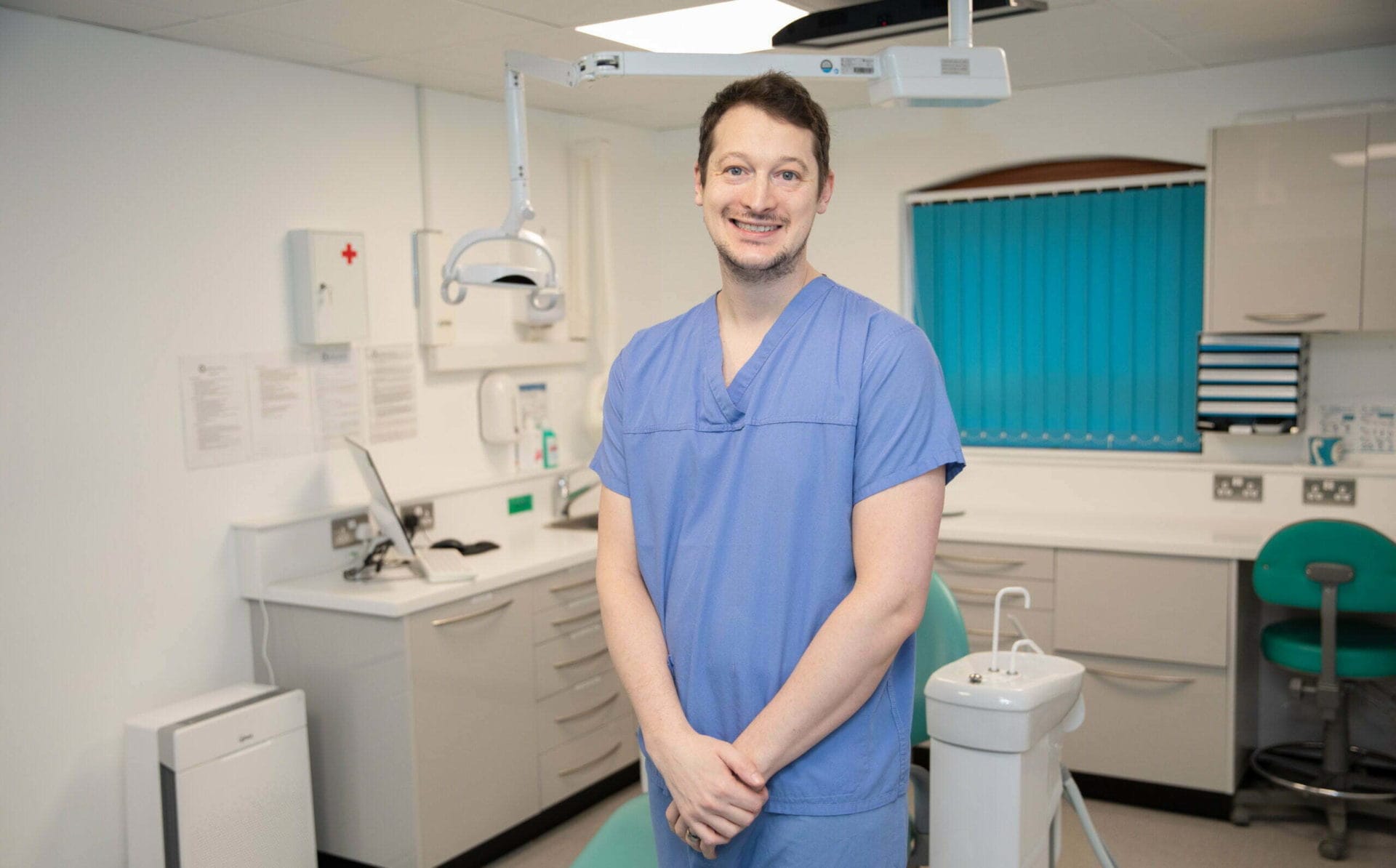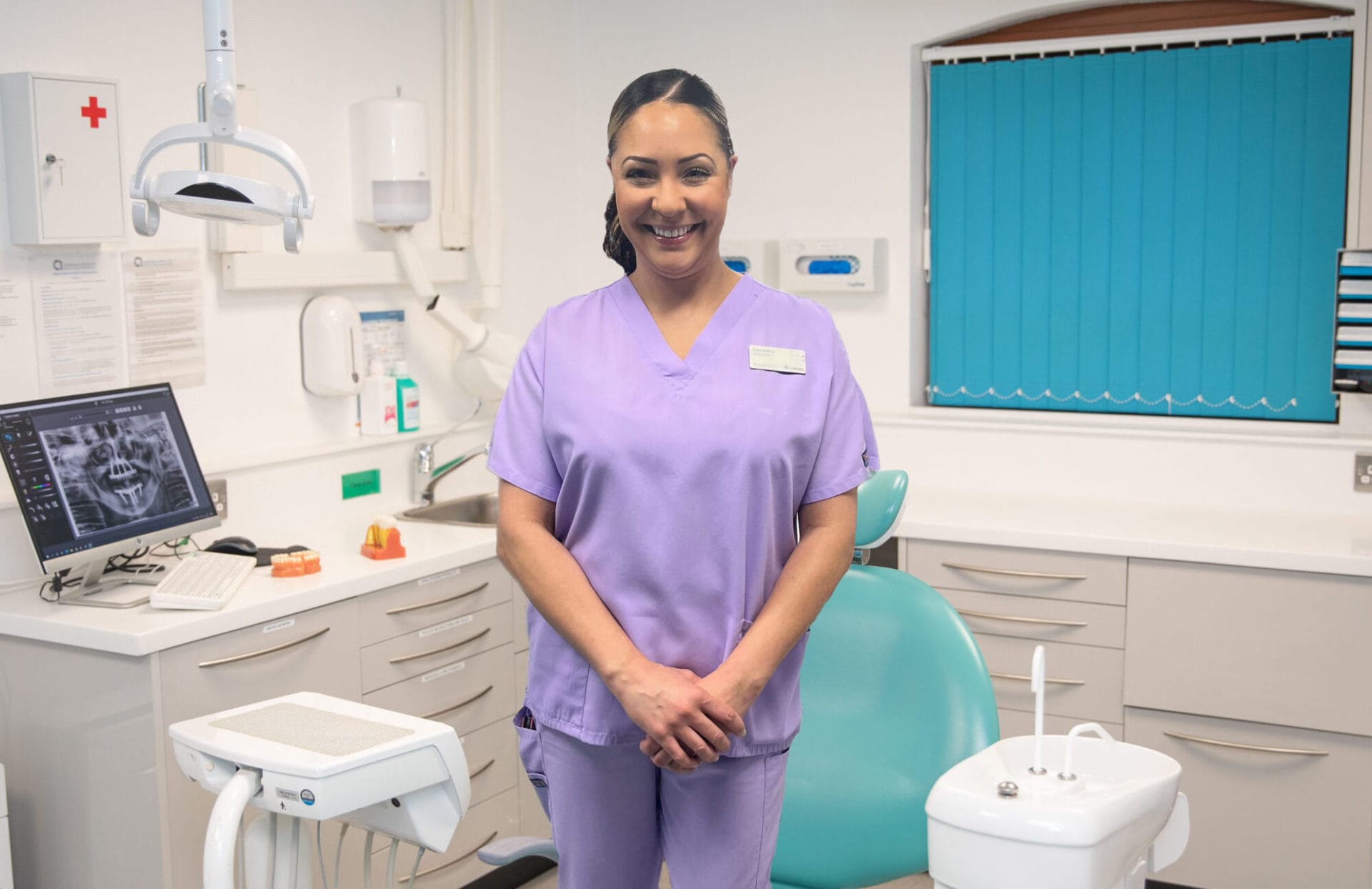Preventative dental treatments in Leeds
The most effective way to keep on top of your oral health is to attend regular check up appointments with your dentist at least twice a year. Your dentist will fully examine your mouth and gums, picking up on any cavities so they can be treated before they become too advanced. They are also trained in spotting any changes in your mouth which could signify more serious diseases, such as mouth cancer.
We believe that prevention is better than cure
No matter how advanced a dental problem is, there is normally always a way to deal with it.
However, it is always better to avoid the need for invasive and lengthy dental treatment – all it takes is a little care and attention in advance. By adopting a proactive approach to your dental hygiene, including education regarding diet and the best hygiene products, some issues can be completely avoided, whilst others can be detected earlier and dealt with before they become too serious.
Visit the hygienist regularly
- It is important to visit the hygienist every six months. Even if you maintain the strictest oral health care routine at home, the gradual build-up of plaque on your teeth will need to be looked at by a professional as it often can’t be seen or felt until it is advanced.
- Bleeding when you brush or eat, a metallic taste in your mouth or redness in your gums could all be signs of gingivitis (gum disease). This could lead to further issues if left untreated.
- The hygienist will scale and polish your teeth, giving them a deep clean and leaving them feeling fresh and healthy. They also check over your gums and offer advice on how to keep your mouth healthy at home.
Brush your teeth twice a day
- Make sure you always brush your teeth twice a day. Floss, mouthwash and interdental brushes can also be used to make sure your teeth and gums are completely clean.
- Remember that smoking can also have a bad effect on your oral hygiene.
Avoid too many sugary foods
- Be aware of your diet and bear in mind that sugary foods such as chocolate and sweets should be consumed in small quantities. If you do eat sweet items, it’s best to have them following a meal, so that your mouth acids have a chance to neutralise afterwards.
- If you can, brush after eating particularly sticky or hard sweets to remove sugary deposits left on or between teeth.
- At the other end of the scale, highly acidic foods such as wine, citrus fruits and fizzy drinks can actually soften the enamel on your teeth. Therefore, you shouldn’t brush your teeth immediately after consuming these. We recommend waiting for at least half an hour before brushing.
Start oral education early
- It is important that children are educated regarding their diet and personal oral health as early as possible.
- As soon as their first teeth appear, encourage your child to brush twice a day, with supervision. Children should be able to brush their teeth independently from around 7 years of age.
- Fruit juice, squash and fizzy drinks contain lots of sugar and should be avoided. Sweets and chocolate should also be avoided. Milk and other high calcium products like yoghurt and cheese are ideal for building strong teeth and bones but should be included as part of a balanced diet.
- Babies should be registered with a dentist at birth, with a first visit scheduled for around 6 months of age, when the first teeth generally start to appear. Regular visits to the dentist are recommended from then on to help children become confident and relaxed.
